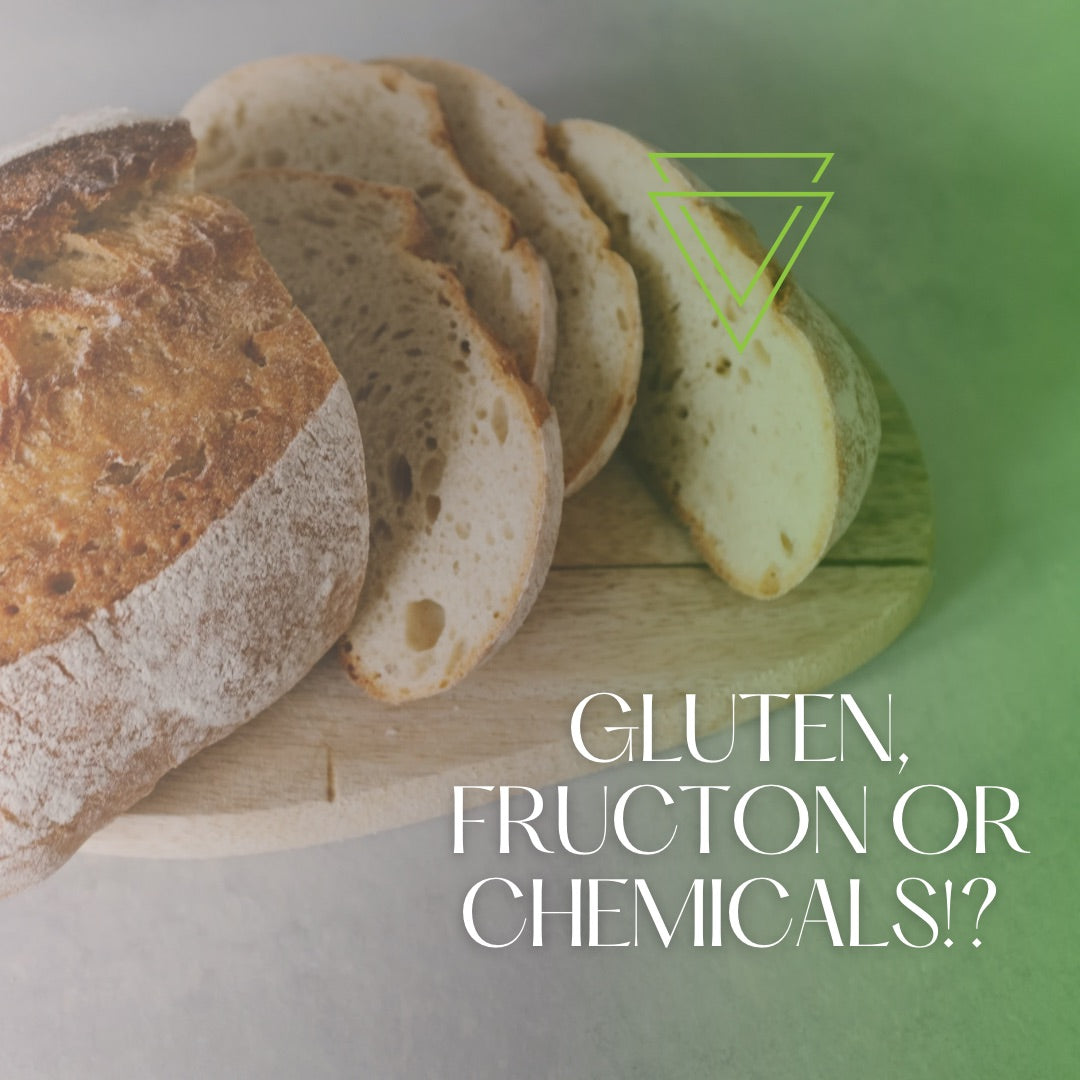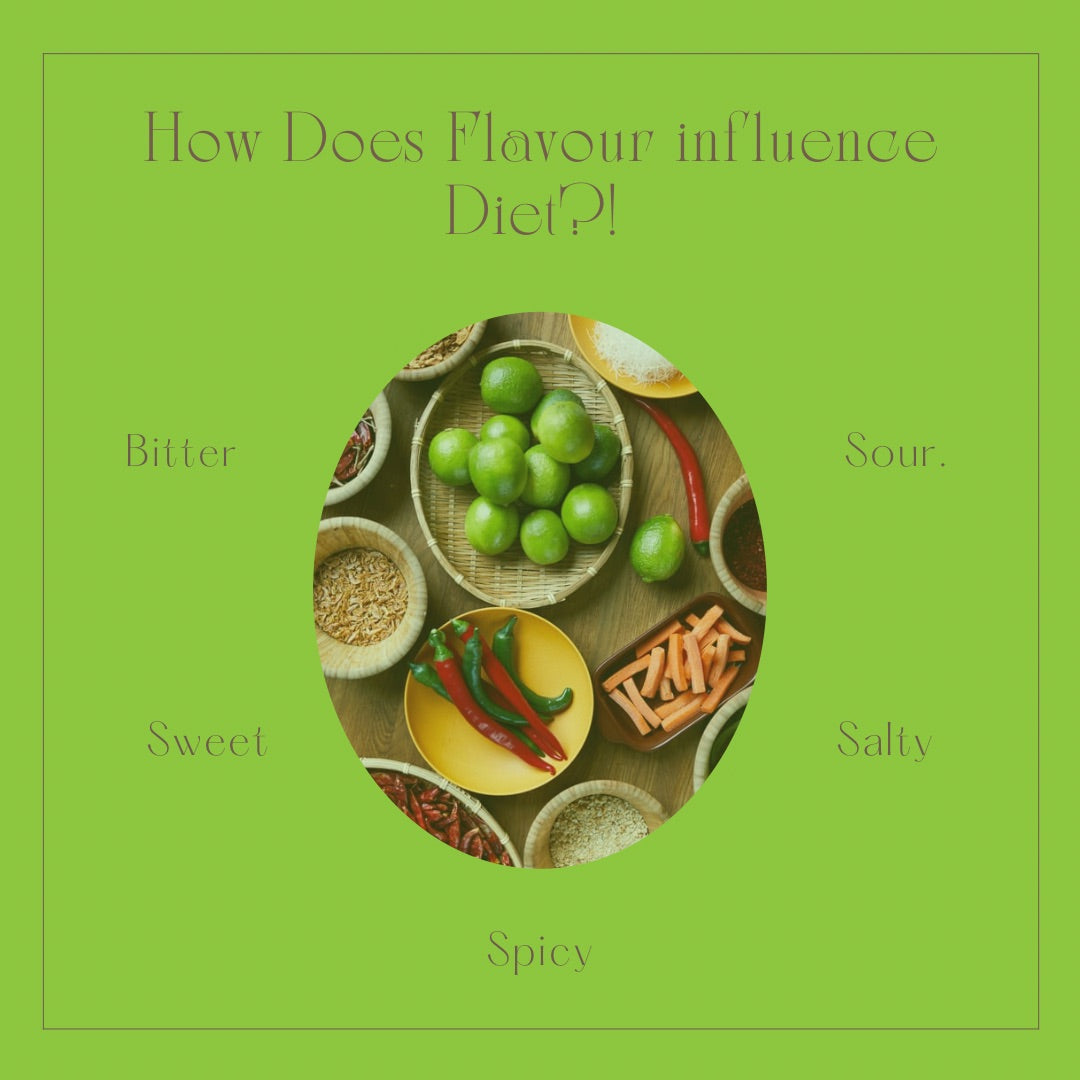
Scientific Insights into Gluten and Fructan Sensitivities and Their Dietary Impacts.
Scientific Insights into Gluten and Fructan Sensitivities and Their Dietary Impacts
Recent studies reveal a nuanced picture of gut health disruptions associated not only with gluten and fructans but also with chemical additives used during flour processing. Building on evidence that fructans more than gluten induce gastrointestinal (GI) symptoms in non-celiac individuals (Skodje et al., 2018), and that GI symptom severity in IBS may be more closely linked to overall caloric and gluten intake than to fructans per se (Algera et al., 2021), it's critical to consider additives as additional aggravators. Gerasimidis et al. (2020) showed that common additives such as polysorbate-80, carboxymethyl cellulose, sucralose, and titanium dioxide disrupt gut microbiota by reducing beneficial bacteria like Faecalibacterium and increasing pathogenic taxa such as Escherichia/Shigella, thus impairing fiber fermentation and SCFA production (Gerasimidis et al., 2020).
Similarly, a 2024 study demonstrated that polysorbate-80 and sucralose decreased Faecalibacterium prausnitzii and Roseburia, while increasing pro-inflammatory bacteria in both healthy and IBD patients, suggesting these additives may accelerate intestinal fibrosis and inflammation (Gonza et al., 2024). Marin-Sanz et al. (2022) further highlighted that artisanal breads, despite having lower gluten content, had significantly higher fructans—pointing to the complexity of bread components shaped by processing methods (Marin-Sanz et al., 2022).
Therefore, gut discomfort often attributed to gluten may stem from an interplay of fructans, caloric balance, and flour-processing chemicals, emphasizing the need for broader dietary assessments in managing gut sensitivities.
Re-evaluating Gluten Sensitivity Traditionally, gluten has been the primary suspect behind symptoms like bloating, abdominal pain, and altered bowel habits. But emerging research challenges this view.
In a pivotal double-blind, placebo-controlled study by Skodje et al. (2018), it was fructans—not gluten—that triggered significantly more gastrointestinal symptoms in people who self-identified as gluten-sensitive. Specifically, bloating scores were highest during fructan intake compared to both gluten and placebo.
Gluten, Fructans, and IBS – The Confounding Factors Adding another layer of complexity, Algera et al. (2021) examined dietary patterns in individuals with IBS. Surprisingly, they found that lower gluten intake was associated with more severe symptoms. However, this correlation wasn’t observed with fructan intake.
This raises an important consideration: could nutrient deficiency, rather than gluten itself, be contributing to worsened symptoms in some cases?
What’s in Your Bread? Let’s talk bread.
Marin-Sanz et al. (2022) compared breads from different bakery sources. Their findings? Artisanal breads tended to have less gluten—but significantly more fructans—than industrially processed loaves. This variation is likely due to differences in fermentation methods, flour types, and hydration levels.
So while artisanal breads may seem healthier or more digestible, their higher fructan content might actually be problematic for sensitive individuals.
Wheat Isn’t All the Same It’s not just how the bread is made—it’s also what it’s made from.
Ribeiro et al. (2022) explored fructan levels across different wheat species and found significant variation. Landrace wheats, for instance, often contain more fructans than modern varieties. This opens the door for selective breeding strategies to develop low-fructan wheat for better tolerance.
Fermentation as a Tool for Gut Health There’s good news for those with sensitivities. Gelinas et al. (2016)demonstrated that long fermentation and proper cooking methods significantly reduce fructan and fermentable sugar levels in bread. This makes traditionally fermented sourdough a potentially safer option for those with fructan sensitivity.
What Does This Mean for You or Your Clients? Together, these studies paint a more nuanced picture: gluten may not be the main issue for many people experiencing wheat-related symptoms. Instead, fructans—short-chain carbohydrates that ferment in the gut—could be the real culprits.
This distinction is critical when advising dietary interventions. It also highlights the value of personalized nutrition, informed by both food composition and individual tolerance.
Summary and Next Steps To recap:
-
Fructans, not gluten, are often responsible for gut symptoms.
-
Fermentation reduces fructan content and improves digestibility.
-
Bread type and wheat variety significantly affect fructan load.
-
Personalized assessment remains key in managing NCGS and IBS.
For deeper insights into food processing, genetics, and gastrointestinal health, explore the latest publications on SciSpaceand stay updated with cutting-edge nutritional science.
Bonus Slide: FAQs Let’s wrap up by addressing some common questions:
🔹 How do fructans differ from gluten in their effects on the gut?
Fructans ferment in the colon, producing gas and drawing water into the bowel—often triggering bloating and discomfort, especially in IBS. Gluten, on the other hand, affects the immune system primarily in those with celiac disease.
🔹 What are the best wheat alternatives for people with fructan sensitivity?
Low-fructan grains like rice, quinoa, oats (certified gluten-free), and buckwheat are well-tolerated substitutes.
🔹 Can fermentation methods reduce gastrointestinal symptoms linked to bread?
Yes—long fermentation breaks down fructans, making sourdough and other slowly fermented breads more tolerable.

Leave a comment
This site is protected by hCaptcha and the hCaptcha Privacy Policy and Terms of Service apply.